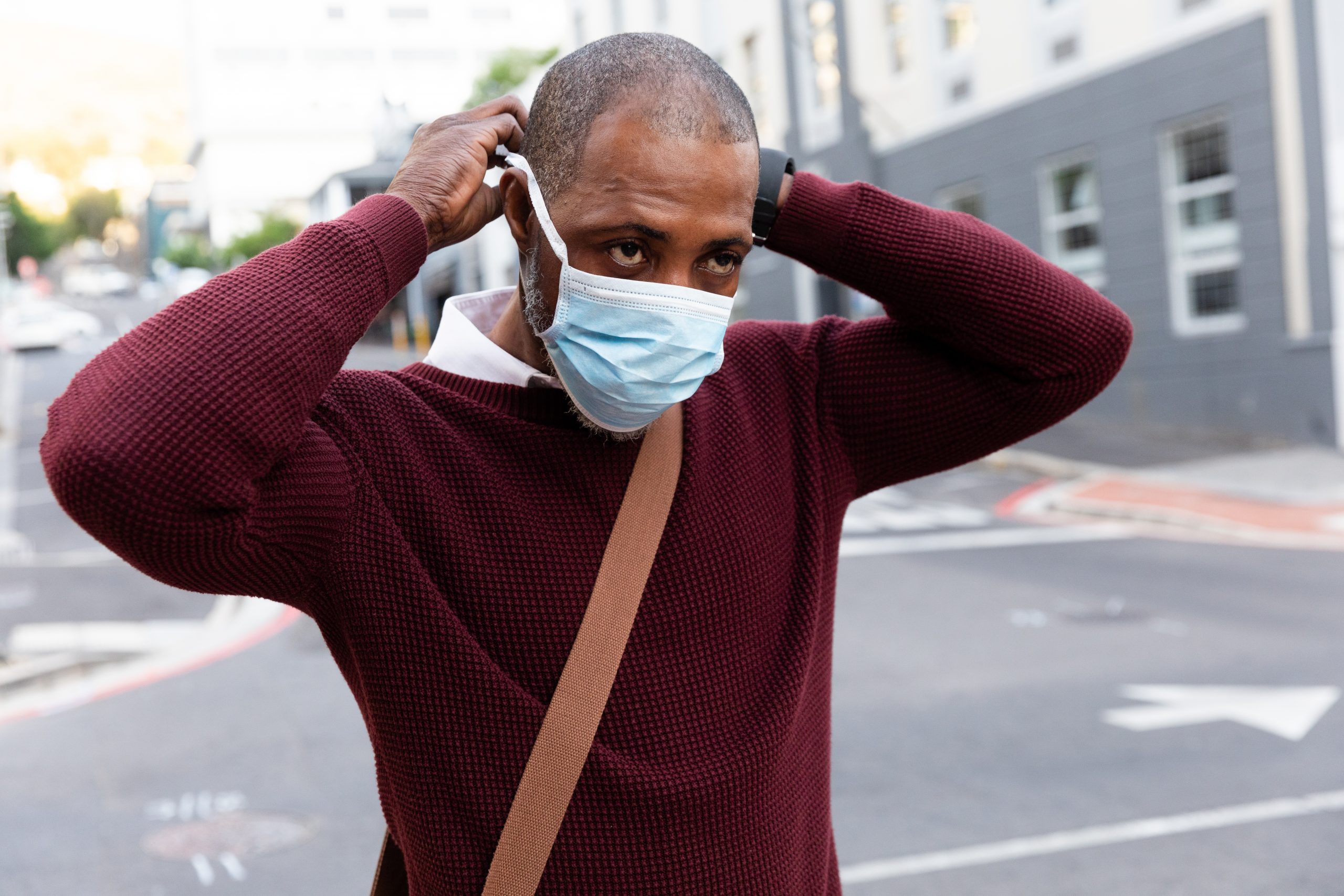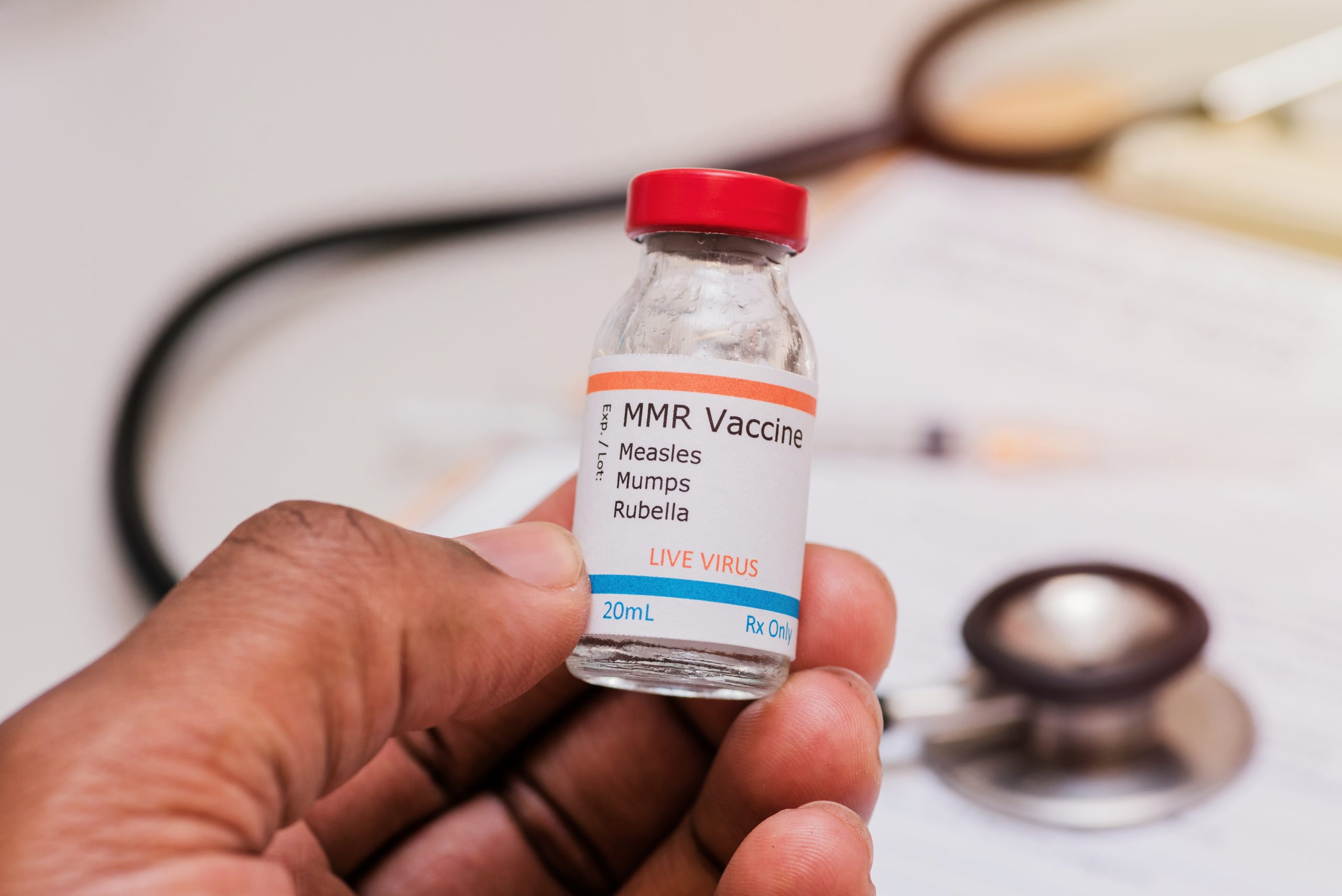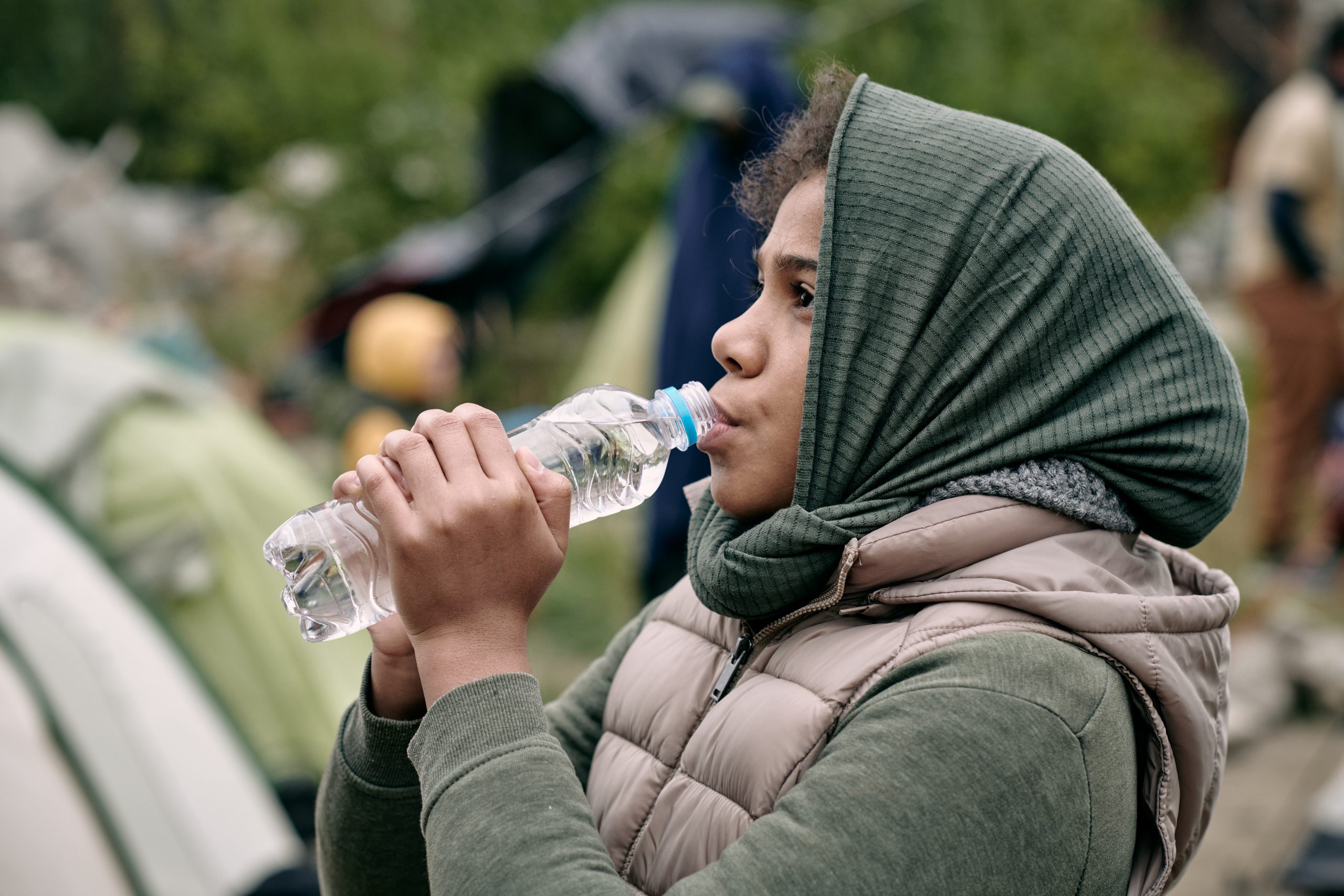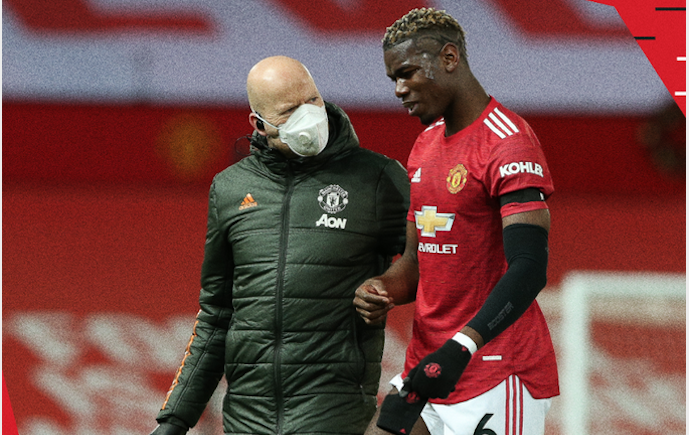HEALTH
RWANDA : AfDB commits $98 million to Rwanda for multisector COVID-19 response

The African Development Bank (AfDB) on Thursday approved a concessional loan of $97.675 million to Rwanda to strengthen its national budget as it works to mitigate impacts of the COVID-19 pandemic. By Rwanda News Agency
The funding will take the form of an African Development Fund loan, which the Bank is providing the under its COVID-19 Response Facility.
Rwanda mounted a swift and decisive response to counter the effects of the pandemic that included social distancing, suspension of domestic and international travel, remote working, and on 21 March, a total lockdown of the country. However, since 4 May 2020, the government has partially reopened the country.
Under the Crisis Response Budget Support Program, the Rwandan government will use the funding to strengthen the health system to contain the spread of COVID-19; safeguard economic resilience; and mitigate the pandemic’s impact on vulnerable sectors of the population.
Health sector measures entail bolstering surveillance, infection prevention and control capacity so the health authorities can better monitor, track and identify hotspots; enhance laboratory capacity for testing; and treatment of the severely ill. Another element is risk communication and community engagement on the disease.
The government will work to shore up economic resilience by clearing arrears to domestic suppliers, enabling the private sector to continue to invest, pay taxes and repay loans. Through an approved Economic Recovery Fund (ERF), the government will support hard-hit businesses and sustain employment and promote domestic production of medical equipment, masks, gloves and sanitizers.
The COVID-19 containment measures combined with weaker global demand and disruptions in the global supply chain have mainly impacted the hospitality, education, services, agriculture and trading sectors. This has led to losses in revenues and jobs, especially those related to causal workers, informal sector including micro small and medium enterprises, and those laid off in the formal economy. This loss of income is threatening to push households into poverty, especially those that were living at the poverty margin before the pandemic.
In response, government has approved the Economic Recovery Program which will scale up existing social protection and healthcare programs to these vulnerable segments of the population.
“We are pleased to provide this crisis response budget operation to support the Government of Rwanda in their efforts to contain the negative impact of the COVID-19 on the people of Rwanda and the government fiscal space,” said Nnenna Nwabufo, the Bank’s Acting Director General for East Africa, “We are confident that the government will execute the planned programs with great efficiency and diligence.”
Under a worst-case scenario, Rwanda’s real GDP in 2020 is forecast to contract by 2.0 %. Further, as 90% of the workforce is employed in the private sector, mostly in small and informal enterprises, shutdown measures can be expected to sharply raise unemployment.
The proposed budget support program is aligned with the Government of Rwanda’s National Preparedness and Response Plan and Economic Recovery Plan. It also aligns with the Bank Group’s Ten-Year Strategy and the High 5 priority “improve the quality of life of the people of Africa”. Source : Rwanda News Agency
HEALTH
COVID 19 – A new variant we discovered

According to a senior official at the World Health Organization, a new highly mutated variant of COVID called BA.2.86 has been discovered in several countries including Switzerland, South Africa, as well as Israel, Denmark, the United States and the United Kingdom.
According to “Reuters”, the variant was first spotted in Denmark on 24 July after sequencing of the virus infecting a patient at risk of becoming seriously ill”. And so it was detected “in other symptomatic patients, during routine checks at airports and in wastewater samples in a handful of countries”.
Thus, scientists have indicated that “although it was important to monitor BA.2.86, it was unlikely to cause a devastating wave of serious illness and death given the immune defenses developed worldwide as a result of vaccination and previous infection”.
WHO COVID-19 technical officer Maria Van Kerkhove said, “The numbers are still low”. But the reduction in global surveillance could lead to rapid circulation of the virus…
HEALTH
TOBACCO CONTROL: Seven out of 10 people protected by anti-smoking measures

A new report from the World Health Organization (WHO) highlights that 5.6 billion people, or 71% of the world’s population, are now protected by at least one good practice policy to save lives from deadly smoking, five times more than in 2007.
Over the past 15 years, since WHO’s MPOWER measures were introduced globally, smoking rates have fallen. Without this reduction, the UN World Health Agency estimates that there are now 300 million more smokers worldwide. This new WHO report on the global tobacco epidemic focuses on protecting the public from passive smoking, noting that nearly 40% of countries now have fully non-smoking indoor public places. The report assesses the progress made by countries in tobacco control and shows that two other countries, Mauritius and the Netherlands, have reached the level of best practices for all MPOWER measures, a feat that only Brazil and Turkey have achieved so far. These data show that, slowly but surely, more and more people are protected from the harms of tobacco by WHO policies based on evidence and best practices.”said Dr Tedros Adhanom Ghebreyesus, Director-General of WHO, congratulating Mauritius on becoming the first country in Africa and the Netherlands on becoming the first country in the European Union to implement WHO’s comprehensive tobacco control policies at the highest level. Eight countries are only one policy away from joining the leaders of tobacco control: Ethiopia, Iran, Ireland, Jordan, Madagascar, Mexico, New Zealand and Spain. However, much remains to be done: 44 countries are not protected by any of WHO’s MPOWER measures. At the same time, 53 countries have still not adopted a total ban on smoking in health facilities. In addition, only half of the countries have smoke-free private workplaces and restaurants.
Passive smoking
“WHO urges all countries to implement all MPOWER measures at the level of best practices to fight the tobacco epidemic, which kills 8.7 million people worldwide, and to oppose the tobacco and nicotine industries, who are lobbying against these public health measures,” said Dr Ruediger Krech, Director of Health Promotion at WHO. About 1.3 million people die each year from second-hand smoke. All of these deaths could be prevented. People exposed to second-hand smoke are at risk of dying from heart disease, stroke, respiratory disease, type 2 diabetes and cancer. In this fight against tobacco, the ban on smoking in public spaces is only one of the measures of the Effective Tobacco Control Package, MPOWER, designed to help countries implement the WHO Framework Convention on Tobacco Control and stem the tobacco epidemic. The paper shows that all countries, regardless of income level, can lower the demand for deadly tobacco, achieve major public health victories and save billions of dollars in health care and production costs.
HEALTH
SENEGAL – 400 cases of measles recorded

Measles is back in force, with more than “400 cases recorded nationally”. It is a revelation of Doctor Boly Diop, responsible for epidemiological and post-vaccination surveillance at the Ministry of Health and Social Action, on Thursday, July 13, 2023.
“Performance in the first half of the year revealed the existence of a measles epidemic,” said Dr. Boly Diop, noting that Fatick is the only one of the country’s 14 regions that has yet to register a confirmed case of measles.
Outside of Fatick, all regions have confirmed cases of measles and there are districts that have become epidemic. This means that today, measles is back in force, there are confirmed cases and epidemics that are recorded throughout the regions,’ he said, on the sidelines of a quarterly coordination meeting for epidemiological surveillance.
-

 EAST AFRICA1 year .
EAST AFRICA1 year .TANZANIA – President meets with Chairman of the Board and CEO of the Merck Foundation
-

 CULTURE1 year .
CULTURE1 year .AFRICA – African writers and artists celebrate the 20th anniversary of the African Union
-

 BUSINESS8 months .
BUSINESS8 months .GUINEA – Authorities demand repatriation of mining revenues
-

 CULTURE1 year .
CULTURE1 year .SENEGAL – Massamba Guèye wants to democratize the story
-

 CULTURE2 years .
CULTURE2 years .SENEGAL – Thiéboujeun inscribed on the World Heritage Site
-

 IMMIGRATION9 months .
IMMIGRATION9 months .AFRICA – Migrant smuggling brings 59 billion CFA francs to smugglers per year
-

 CULTURE3 years .
CULTURE3 years .SENEGAL – “Sadik Lady” by Viviane Chidid
-

 A LA UNE3 years .
A LA UNE3 years .GUINÉE: Manchester United: Paul Pogba absent several weeks



